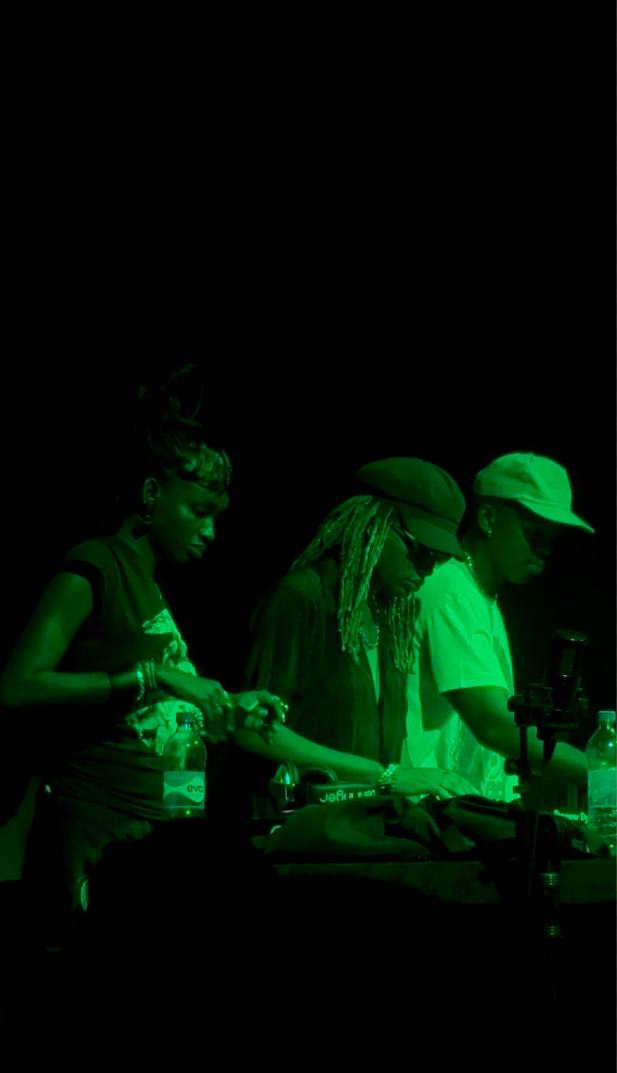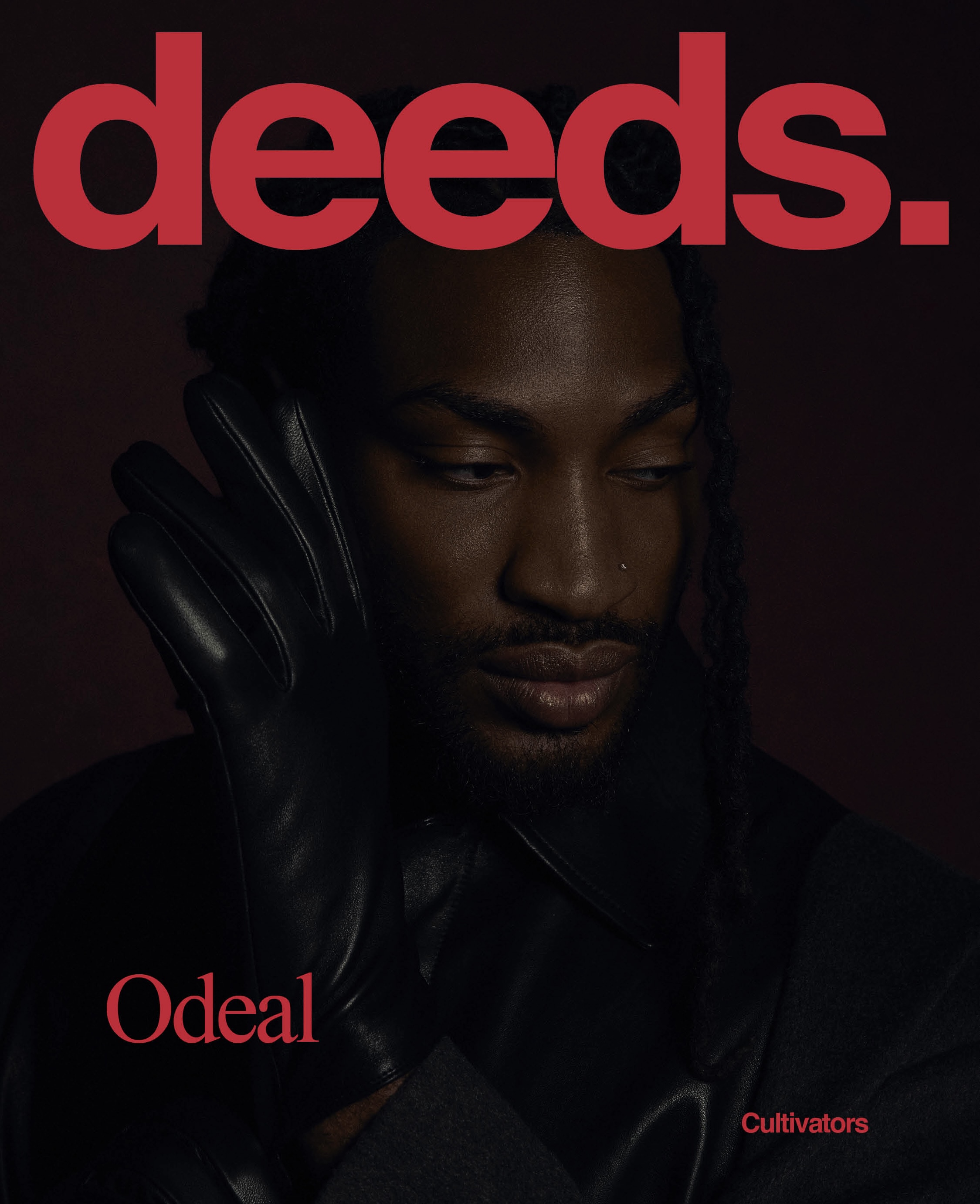
Whenever you think of the Nigerian music industry, one city inevitably comes to mind — Lagos. Over the years, it has evolved into the beating heart of the nation’s creative economy, the cultural marketplace where artistry, nightlife, media, and audience engagement intersect. Lagos has long defined the metrics of success; it dictates what trends, who rises, and what eventually translates into mainstream recognition. In many ways, it has monopolized the narrative and rightly so, given its history as the most effective launchpad for Nigerian superstars. Even when artists aren’t discovered there, Lagos often becomes the center for marketing and promotion, the inevitable destination for any act seeking commercial success.
Commercial Success, however, is the keyword here, and one worth pausing on. This epicenter has cast an enormous shadow over other vibrant markets across the country. From the North to the East and South, numerous scenes struggle to make their voices heard within the national conversation. For many artists from these regions, breaking into the mainstream almost always requires a pilgrimage to Lagos which is a necessary move to sustain traction or risk watching it fade away.It’s important to note that these artists are far from obscure. They command loyal communities, often with cult-like devotion. Their music thrives within their local ecosystems, and ignites movements and street-level excitement that feel both organic and undeniable. Yet, their impact rarely translates into mainstream visibility. Take artists like Jeriq, who has sold out stadiums repeatedly in Enugu, or rising figures such as Highstarlavista, Zyno, Aguerobanks, Evadolee, Kolaboy and more — names that ignite massive local energy. Despite the scale of their influence, their numbers often fail to reflect on national charts or major media platforms or else they tap into the Lagos audience
This dissonance isn’t due to a lack of talent or audience, but rather a systemic imbalance, one shaped by illegal streaming practices, poor documentation of real-time engagement, and limited access to digital streaming platforms (DSPs). These factors distort visibility, making it difficult for genuine listener activity to be recognized in the data-driven ecosystem of modern music. Unlike Lagos, where a viral TikTok sound can spark nationwide Shazams and alter an artist’s destiny overnight, other regions are yet to reach that level of infrastructural synergy where they stream, talkless of the streams even being premium enough to generate revenue for the artist or allow them a break into conversations that are ultimately defined by data.
But through all the noise, one constant remains, the presence of organic listeners. This current era of the Nigerian music industry is a deceptive one; metrics have become mirages. In a time when everyone seems to boast a million streams, only half of those numbers are often legitimate. The growing outcry from top-tier artists about stream farming, and the recent crackdowns by DSPs like Spotify, which have trimmed inflated listener counts reveal an unsettling truth: the charts no longer serve as an accurate mirror of real-time engagement. What we’re witnessing is a quiet pandemic of artificial success, where numbers are inflated, but genuine connection is diluted.
And this is exactly where the eastern market stands out as a beacon of authenticity. There’s an undeniable pulse of organic consumption there, real people listening, streaming, attending shows, and celebrating their homegrown stars. This ecosystem deserves recognition, and more importantly, infrastructure that amplifies its presence within the national industry framework. The talent, audience, and passion already exist; what’s missing is the structural support to make their voices count in the mainstream metrics that dictate opportunity. Artists like Flavour, Phyno, Chike, Yemi Alade, and Duncan Mighty are living proof of what these regional markets can produce. Yet, they all share a common thread, the inevitable move to Lagos as a prerequisite for mainstream validation. That shouldn’t have to be the rule. The system must evolve to a point where a kid from Enugu, Aba, or Port Harcourt can top charts and shape culture without the need to orbit Lagos. Such decentralization wouldn’t just promote equality; it would restore faith in organic listenership, enhance audience engagement, and generate sustainable revenue for artists and their communities alike.
.svg)







.png)

